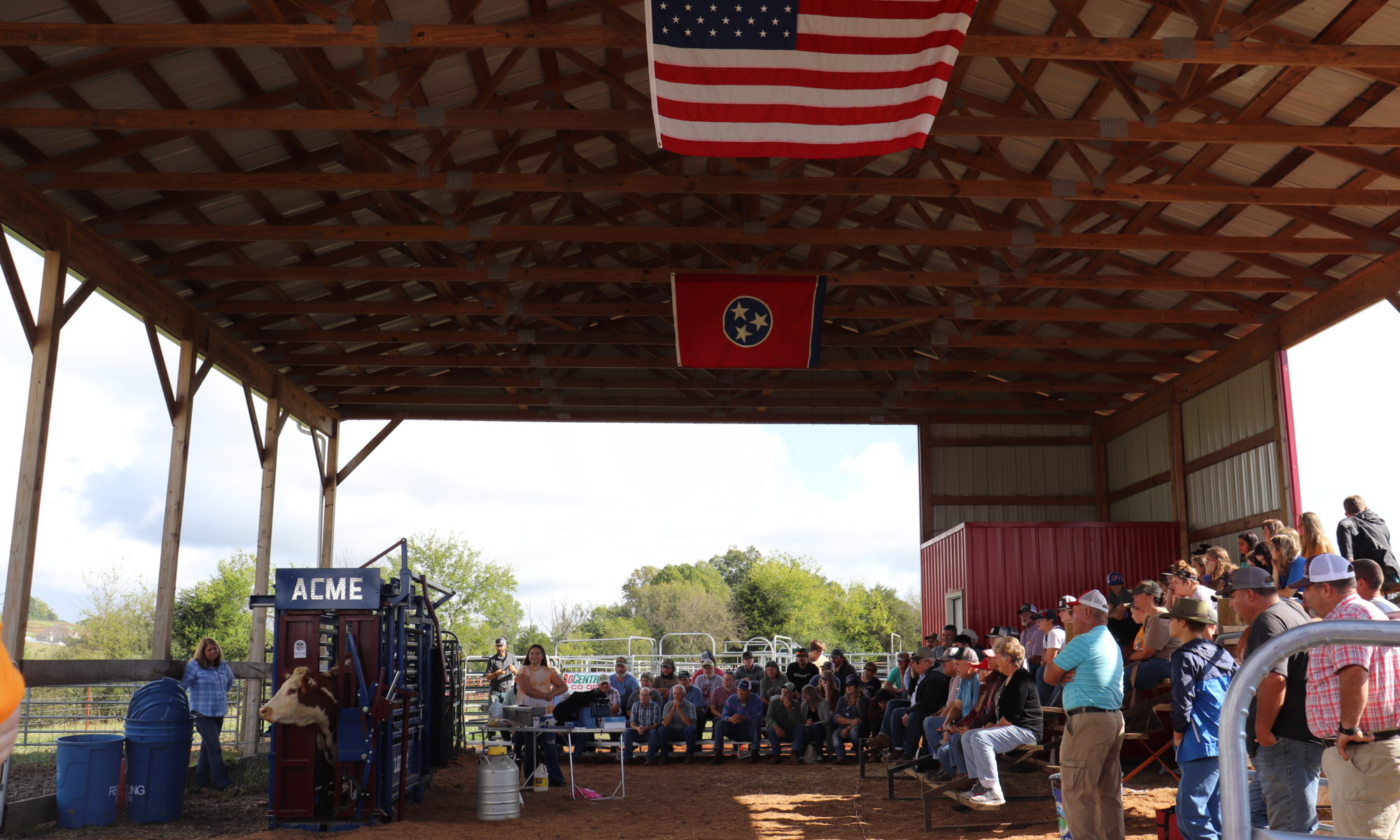

Dr. Andrew Griffith
Assistant Professor
Department of Agricultural and Resource Economics
P: 865-974-7480
If the words women, whiskey, and work do not catch the eye of a person then that person never had any intention of reading! This may appear to be a misguided title to an article discussing cattle, but hopefully it can be tied in. The hope is to meld these three things together and discuss the importance of them in today’s cattle business.
If a person has ever been married to a woman, had a mother, or had a daughter then that means a woman has been a close part of that person’s life. I have been blessed to have a wife, daughter, and mother along with several other women that have been instrumental in my life, and I hope they all are for many years to come. Whiskey is the second word of importance, and it came to mind because I was recently given a gift of whiskey. I do not drink alcohol, but I was extremely appreciative of the gesture and hope I can share it with those who can appreciate its fine quality. The third word is work. This seems to be something I do regularly, and I am proud I have the ability to use both my mind and body to perform work, but there are others who work much harder than I could even imagine.
As cattle producers head into spring, there are several things on a producer’s mind including the spring calf crop, breeding the cow herd, feed cost, and the labor-intensive time of planting and hay harvest. A great deal of this hinges on females including the women that are part of the operation and cows that produce the calves. Starting with the cow herd seems appropriate in that their ability or inability to produce a calf each year is what determines if a person has any chance of making a profit. A cow-calf producer who has poor conception rates, a high death loss, and subsequently a low marketing rate will find it difficult to be profitable. These same factors influence everyone else down the production line as cattle are a necessity for stocker, backgrounding, feedlot, and packing operations. In one sentence, the most important part of cattle production is making sure there is a calf crop to market.
Whiskey is not something typically associated with cattle production in a direct sense. However, as input prices increase including feed, fertilizer, and fuel, cattle producers are looking for alternative methods to feed cattle. Dried distillers grains from ethanol production have long been a part of cattle feeding rations as have wet distillers from whiskey producers such as Jack Daniels and Jim Beam. However, there has been tremendous growth in distilleries and breweries across this country and both have by products that may be substituted into cattle rations. Alcohol production is not the only source of alternative feed as a tremendous amount of human food waste including partially spoiled fruits and vegetables could contribute to cattle rations. This is not an exhaustive list, but cattle producers should look into local resources that may be available to decrease the total cost of feeding the cow herd.
Work is performed every day, but often times additional labor is needed to achieve the objectives. Labor in any form is becoming more expensive, which further taxes the bottom line on an operation. A large portion of this labor comes from family members including mothers, wives, sisters, and daughters. It is difficult to find labor and all the labor that is found was in part because of women who gave birth to those people. Those same women help feed cattle, process cattle, and perform many other chores around the farm, which is much appreciated from where I sit.
The primary points of this article are to encourage cattle producers to evaluate potential cost reducing practices in their operation and to be appreciative of the help they receive from those non-paid employees. This was not meant to ignore the assistance from fathers, sons, husbands, and brothers, but a title of “Men, Whiskey, and Work” or “Reducing Feed and Labor Costs in Cattle Production with Whiskey and Women” would probably not have went over well. Thus, thank you to all the men and women in my life that influence me every day.
